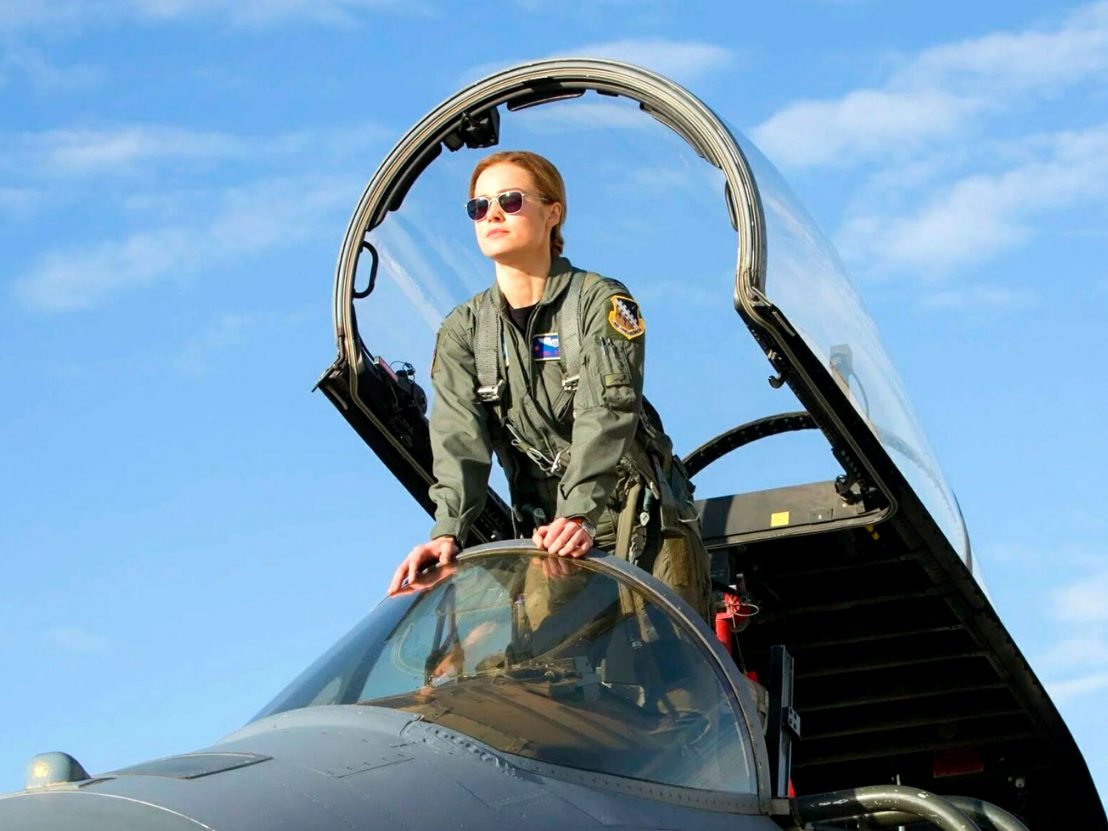
Twenty minutes into Captain America: The First Avenger, Dr Abraham Eskine (Stanley Tucci), the scientist responsible for the super serum programme which forges the film’s hero, gives the young Steve Rogers a few words of advice. “Whatever happens tomorrow, you must promise me one thing. That you will stay who you are. Not a perfect soldier, but a good man.”
That ethos has come to define Cap’s character during his time at the forefront of MCU, and, save for a certain line spoken by Tony Stark in The Avengers, is as close as the franchise has come to demonstrating its stance on the line between heroes and soldiers. Sure, they fight, but that’s not what defines them – deep down, they’re supposed to be so much more. Maybe that’s why it feels so jarring that the marketing campaign for Captain Marvel has been so brazen in its adoration of the United States Air Force.
At the film’s Hollywood premiere, the USAF’s exhibition squadron performed a flyover to whoops and cheers from onlookers. In January, Marvel released a behind-the-scenes featurette centred around the film’s star, Brie Larson, visiting Nellis Air Force Base, hanging out with pilots and taking part in a simulated dogfight. And then there’s the Air Force commercial, aimed at young women, which is being shown before Captain Marvel screenings across America.
Given protagonist Carol Danvers’ military background in the comics, it’s hardly surprising that the Air Force should be so invested in the film’s marketing campaign, especially considering they practically made it themselves. The USAF offered the use of their bases, fighters and pilots to the film’s production in a manner which immediately calls to mind the US Navy’s close relationship with Top Gun back in 1986.
For that film, the Navy donated several of their F-14s, the aircraft carrier USS Enterprise and the use of Naval Air Station Fallon in Nevada. In exchange they received final say on the script – and enjoyed the huge success of a film so overtly pro-Navy that recruitment went up 500 per cent in the wake of its release. Presumably the Air Force believe they could see similar returns with a film which is itself unabashed in its reverence of Top Gun (Carol Danvers’ cat isn’t called Goose for nothing).
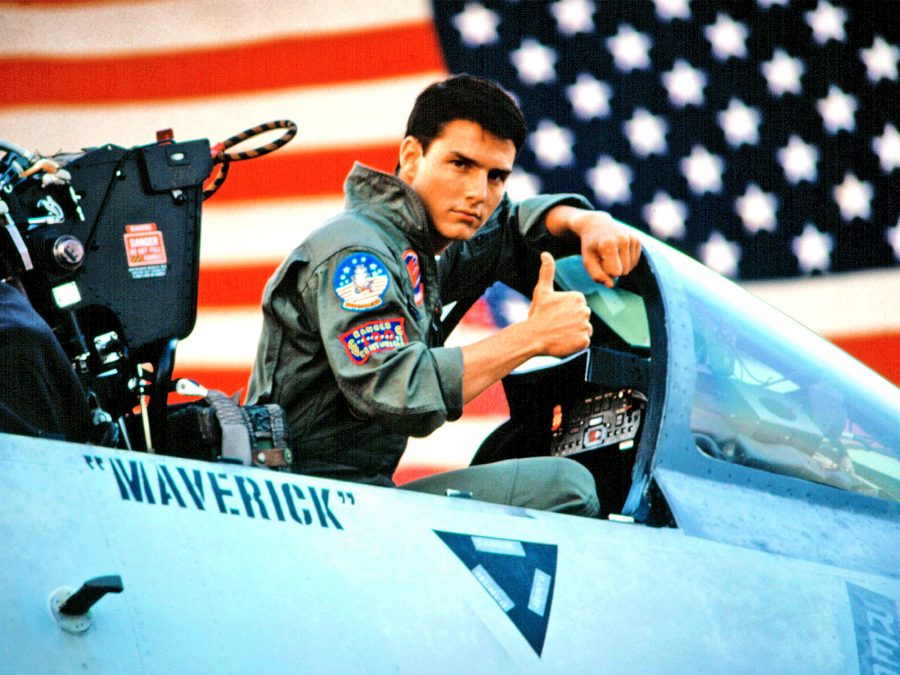
But is the MCU really the place for this? For a franchise so overladen with big-budget action sequences, cosmic armies and kickass superheroes, Marvel’s universe has always pushed a somewhat anti-military message. Tony Stark spends a good chunk of screentime in Iron Man 2 refusing to hand over his technology to the US government; Captain America: The Winter Soldier is practically a two-hour treatise on the dangers of excessive military power; and Civil War, makes a strong (if contestable) case against the utilisation of superheroes by armies and governments.
More than this, though, the MCU relishes in the celebration of its renegades and rebels. Peter Quill, Scott Lang and Bruce Banner are its heroes, not Thaddeus “Thunderbolt” Ross or Senator Stern. Even War Machine – the franchise’s most overtly pro-military hero – defies orders and goes AWOL in Infinity War. For the franchise to fawn over the military service of its latest and most powerful hero is a step in an unfortunate direction.
Captain Marvel’s collaboration with the Air Force isn’t just a cause for concern within the context of the MCU’s stories, though. It also harms the other prong of the film’s marketing campaign – its empowering, feminist message. This theme is as simple as it is important: the future is female, both for Marvel’s heroes and Hollywood’s leading stars.
It’s a message that Brie Larson has excelled at demonstrating in the run-up to the film’s release: see her giddy excitement at taking photos with young, costumed fans, or her take-no-shit attitude towards her more repugnant critics. But then, suddenly, she takes part in a special promotional Q&A for airmen. Then she cheers on the Thunderbirds. Then she celebrates fighter pilots on social media. And suddenly the whole thing starts to taste a little sour.
In 2019, should we really be getting behind a hero borne of one of the world’s most predatory armed forces? Do we really want our blockbusters to be created hand-in-hand with a branch of government whose misdeeds are frankly too complex and myriad to get into here? Do we really want fighter jets at Hollywood premieres?
It all comes back to The Avengers and that one line, spoken by Tony Stark to Steve Rogers, which draws a red line between the military and the mighty: “We are not soldiers.”
Published 9 Mar 2019
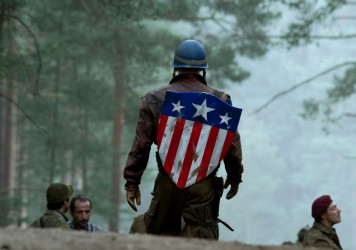
By Ivan Radford
The first Avenger is a patriotic symbol of Us vs Them politics in the Marvel Cinematic Universe.
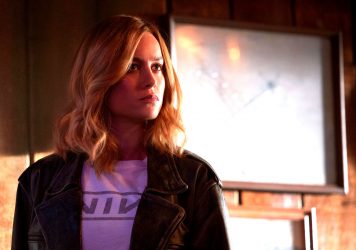
Brie Larson is great as Carol Danvers, but we’d hoped for slightly more from Marvel’s first female solo superhero movie.
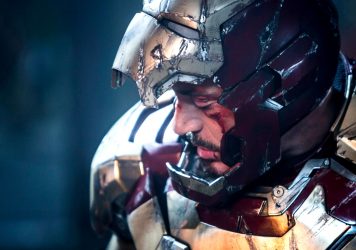
Iron Man’s arc has continuously evolved over his decade-long stint in the MCU.